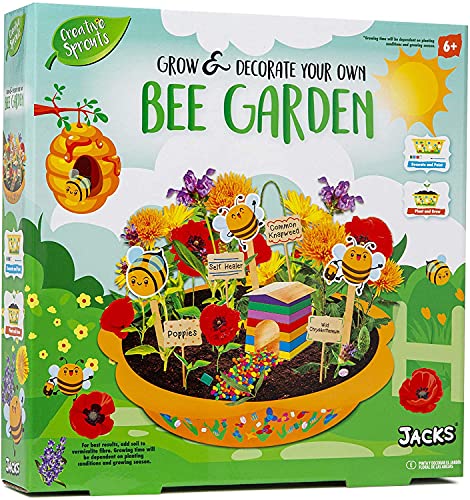user 23149
New Bee
- Joined
- Jun 29, 2023
- Messages
- 21
- Reaction score
- 16
Some beekeepers do import from Europe and I think that's where we first got varroa. I don't believe bees should be imported into any area that isn't nearby. You may be a reputable beekeeper and are sure you have 'clean bees' but there are many non-reputable beekeepers happy to pass on substandard bees with infections to make a quick buck.
Also, local bees will be used to the local weather. Although the Australian bees may be productive, they may not do well in our climate.
Personally I feel no bees should be imported to the UK from outwith the UK to ensure the safety of the local bees.
Also, local bees will be used to the local weather. Although the Australian bees may be productive, they may not do well in our climate.
Personally I feel no bees should be imported to the UK from outwith the UK to ensure the safety of the local bees.


















































